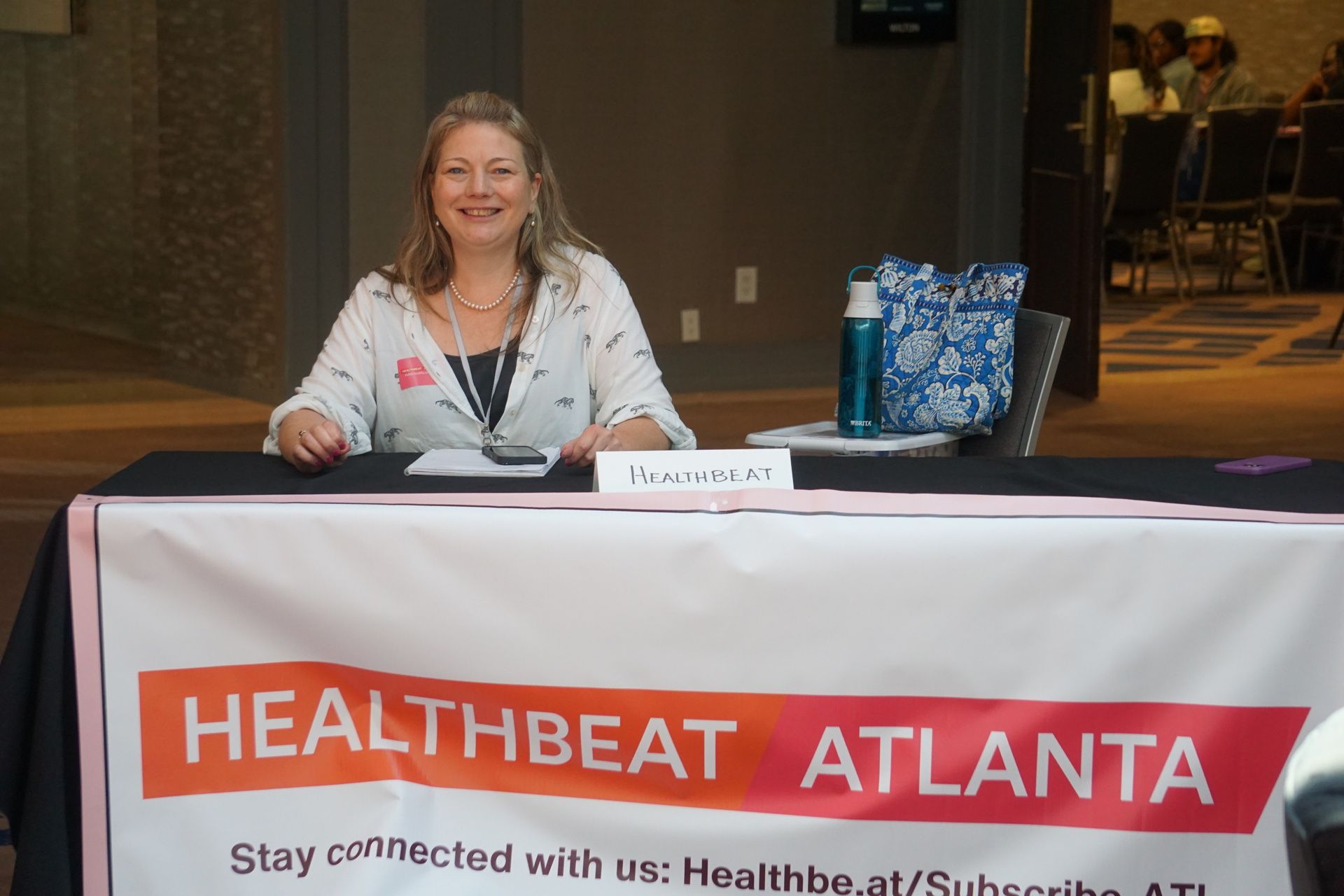- Healthbeat
- Posts
- What’s the future of Georgia public health funding?
What’s the future of Georgia public health funding?
State lawmakers are waiting to see whether Congress will cut funds. The state likely can’t make up all the lost federal dollars.
Hi, Atlanta!
This week I sat in on a state legislative committee as members grappled with how to address public health funding from the federal government, local staffing shortages, and how to better coordinate services.
“We have huge issues, especially when it comes to nursing,” Dr. Zachary Taylor, director of the state’s North health district and interim director of the Gwinnett, Newton, Rockdale district, said at a meeting Wednesday. Health departments face competition from the private sector and hospitals to fill nursing and other positions, he said.
Chris Rustin, interim director of the Fulton health district, said restaurant inspectors are often trained by health departments but then head to the private sector, where they can make more money.
“It's cheaper to retain them in the long term, plus you end up with a more stable workforce that knows the job and hopefully is more community oriented for our services,” Rustin said of the public health workforce.
Coordination and duplication of services is also a challenge across the 159 county health departments and 18 health districts. All but one district has electronic medical record systems, but each district has its own contract, making collecting data in a unified way difficult, Rustin said.
The state has contracted with Patagonia Health to establish an EMR for the entire system, but it will take about two years to get it up and running.
Meanwhile, concerns about federal funding loomed.
“We are all waiting to see what Congress does,” said committee chairwoman Rep. Darlene Taylor, a Thomasville Republican. About half of the state’s $922 million public health budget comes from federal sources.
“Obviously, we can help some, but I don't think we can make up all of those dollars,” said Rep. Butch Parrish, a Swainsboro Republican.
Still, public health leaders highlighted some positive developments for lawmakers.
Many rural health departments are able to use telehealth to provide services they wouldn’t otherwise have. Families in 120 counties can access providers for children and youth with special needs across specialties ranging from genetics to pulmonology. Some departments also use telemedicine for HIV services, managing complex tuberculosis cases, pediatric audiology, and dentistry.
On the staffing front, the Emory University School of Public Health established the Rollins Epidemiology Fellowship Program in 2020 to encourage early career epidemiologists from across the country to serve in Georgia health departments. So far, 74 epidemiologists have been placed through the program, and of the 44 who have graduated, over half have remained in state and local public health, said Allison Chamberlain, the Emory professor who founded the program.
And the state Department of Public Health is expanding its maternal and child home visiting program to 75 counties. The home visitors screen pregnant women and new mothers and their babies for common but serious problems, like diabetes or mental health issues.
ICYMI
Here’s a recap of the latest reporting from Healthbeat:
Saving Ourselves Symposium: Funding cuts sting, but Southern HIV prevention leaders say community joy and resilience will keep them going
Vaccine access: RFK Jr.’s anti-vaccine strategy risks forcing shots off market, manufacturers warn
Flu season: Should you still get a shot, and will insurance cover it?
The Grapevine 🍇

(Madison Linton for Healthbeat)
I attended the Southern AIDS Coalition’s Saving Ourselves Symposium last weekend. It was interesting to learn how HIV prevention activists in the South are increasingly turning to social media to share accurate information. They’re getting questions from around the world, and many of their audience members have little knowledge of drugs like PrEP, which can prevent HIV infections. Healthbeat is always looking for opportunities to meet people working on public health issues. Please let us know about your conferences and other gatherings.
What I’m hearing from readers:
The only voices I hear speaking out for the CDC are here in GA. The general silence about this attack on the public servants who get up and go to work there every day to keep the rest of us safe is so deeply disappointing.
What Do You Know?
Test your knowledge of public health topics. Today’s question:
A community-based research project with farmworkers in Georgia and Florida found what to be their biggest health concern on the job? |
Tell Me More
Thanks to everyone who took part in our survey of nurses. We got some great feedback! What public health issues are you thinking about? What stories should I be looking into? Write me at [email protected] or reply to this email.
In health,
Rebecca
Looking for your next read? Check out these other great newsletters.
|
|
|


Reply